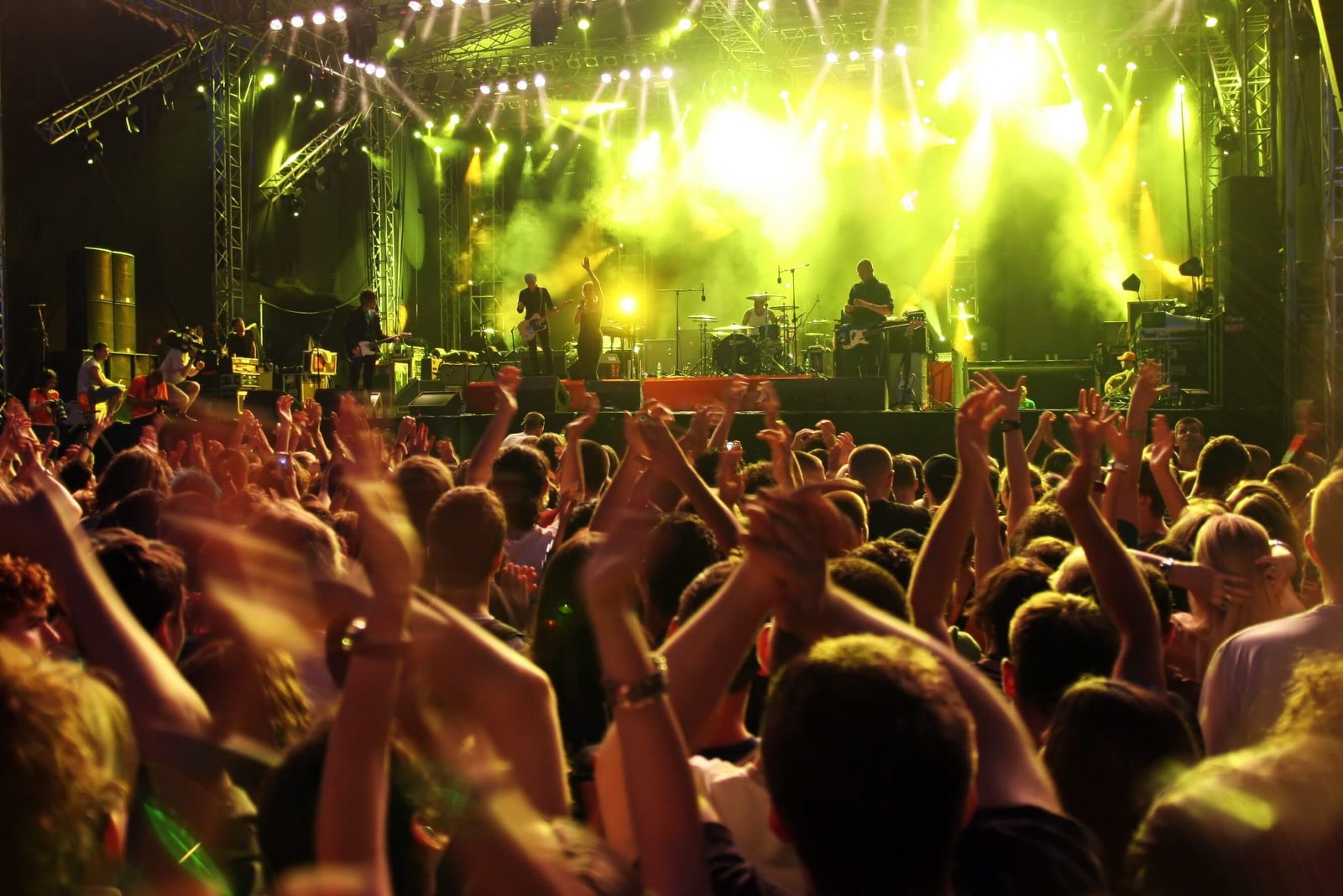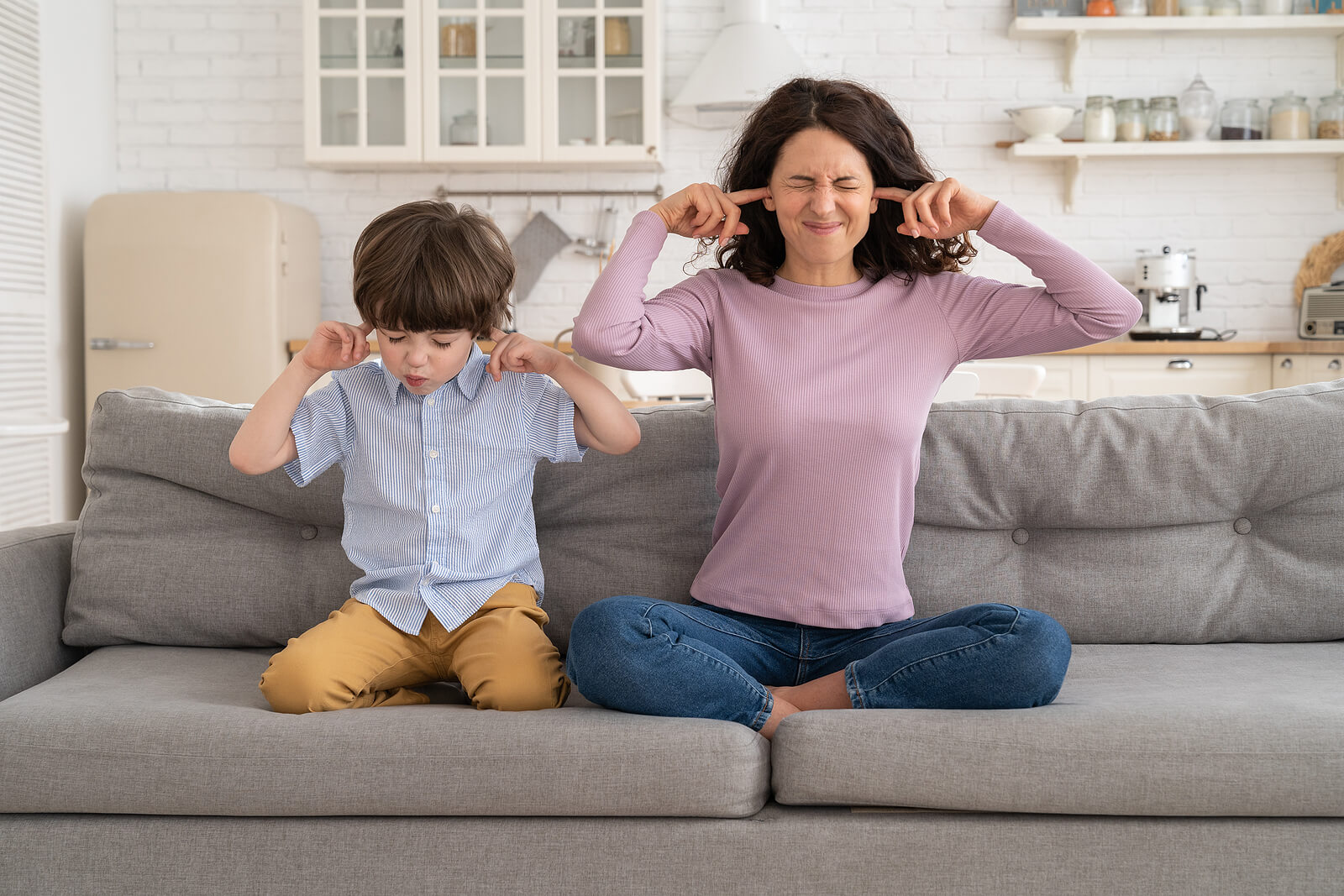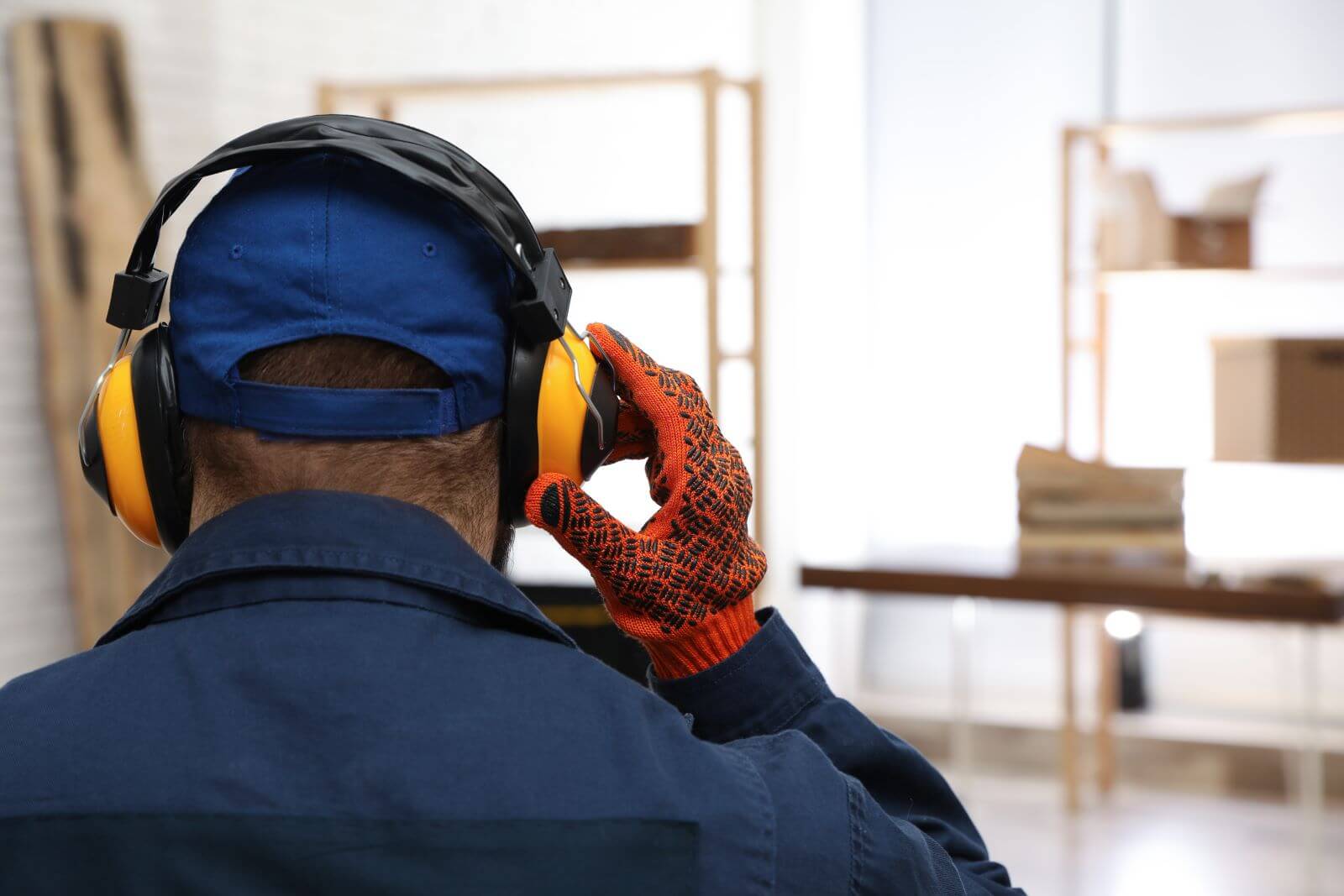Understanding Noise-Induced Hearing Loss

Noise-Induced Hearing Loss
Noise exposure is a common cause of hearing loss. We are constantly absorbing and processing varying levels of noise throughout the day. From alarm clocks to traffic, listening to music or podcasts as well as using household appliances, noise is unavoidable. It is important to know that some of the noise we are exposed to can impact hearing health. According to the American Speech-Language-Hearing Association (ASHA), 30 million people in the U.S. are exposed to hazardous levels of noise regularly. Additionally, 22 million people are exposed to dangerous degrees of noise in the workplace annually. It is critical to protect your hearing health from this exposure which can prevent the development of noise-induced hearing loss.
Request an AppointmentWhat causes noise-induced hearing loss?
One-time or consistent exposure to loud noise can damage hearing permanently. Noise-induced hearing loss occurs when hair cells in the inner ear are damaged. These sensory cells are integral to how we process and understand the sound we hear. They convert incoming sound waves into electrical signals. These signals are then sent to the brain to be further processed and assigned meaning, allowing us to understand what we hear. Loud noise can desensitize these hair cells - there are thousands in the cochlea - which reduces their capacity to process sound waves.

Unlike other types of cells that we have, hair cells in the inner ear do not regenerate. We are born with all the hair cells we will ever have in the cochlea. This means that when they experience injury, this damage is permanent. There are also non-medical interventions that can replenish these cells, resulting in hearing loss that cannot be cured but only treated. This emphasized the importance of practicing ways to protect your hearing health which can prevent noise-induced hearing loss.
Request an AppointmentHow loud is too loud?
It is useful to know at what level noise can affect hearing health. Sound is measured in units known as decibels (dB) and according to experts, noise above 85dB can damage hearing. This is equivalent to heavy traffic, a hair dryer, a food processor, and a busy restaurant. People can be exposed to 85dB for 8 hours a day without impacting their hearing and this is the safety threshold. For sound that exceeds this volume, exposure time needs to be significantly reduced. The Occupational Health and Safety Administration (OHSA) outlines guidelines for safe listening which recommends reducing exposure time by half for every 3-decibel increase of sound:

- 85dB:8 hours
- 88dB:4 hours
- 91dB:2 hours
- 94dB:30min
Exceeding these safety limits can take a toll on hearing health by damaging hair cells in the inner ear. Knowing the levels of noise you are regularly exposed to is an important way to know how you can adjust to this exposure.
How can you protect your hearing from loud noise?
Noise-induced hearing loss is completely preventable. Practicing safety measures can significantly protect your hearing health and wellness. A few useful tips include the following:

- Wear hearing protection.There are various types of hearing protection including headphones, earbuds, and earmuffs. This offers a protective barrier for the ears, reducing the amount of noise that is absorbed.
- Measure volume.You can measure noise levels in the space you’re in by downloading an app that measures decibels. This will then allow you to adjust your exposure time accordingly.
- Invest in noise cancellation headphones.Noise cancellation technology is designed to reduce background noise which prevents people from having to increase the volume on their headphones while navigating louder environments. This supports people listening to audio safely.
- Reduce exposure.There are several ways you can reduce your exposure to loud noise. This includes taking alternative routes to avoid traffic or construction sites, maintaining low-volume settings on electronic devices, and spacing out social activities that involve heavy amounts of noise.
- Take listening breaks.Another simple tip is to take short, 5-10 minute listening breaks throughout the day. This provides the auditory system - ears and brain - to rest from constantly absorbing and processing sound throughout the day.
- Regularly test hearing. Integrate a hearing test into your annual health check-ups. This is a great way to track your hearing health and identify any changes you may experience. Early intervention and addressing symptoms can profoundly help support your hearing health and wellness.
Preventing noise-induced hearing loss is doable. Integrating these simple safety measures goes a long way in protecting your overall hearing health. Contact us to learn more about ways to protect your hearing and our custom hearing protection options!
